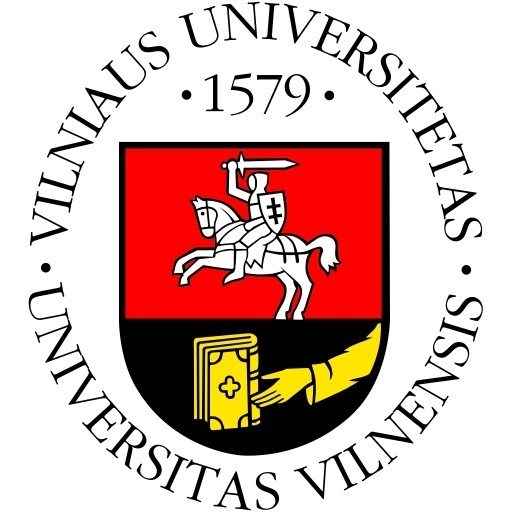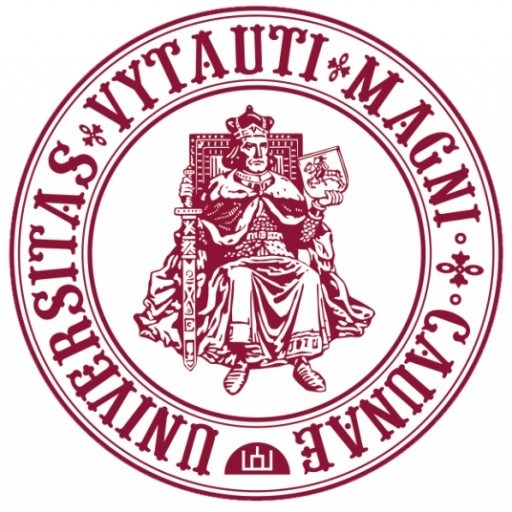Photos of university / #vilniusuniversity
Technology Law at Vilnius University is an interdisciplinary master’s program designed to equip students with a comprehensive understanding of legal issues arising in the rapidly evolving field of technology and innovation. This program combines principles of law, information technology, intellectual property, and policy analysis to prepare graduates for careers in legal advising, policy development, and compliance related to emerging digital and technological environments. Students will learn about data privacy and protection laws, cybersecurity regulations, intellectual property rights in digital content, and the legal challenges posed by artificial intelligence, blockchain, and other innovative technologies. The curriculum includes courses in legal theory, technical understanding of digital solutions, legal ethics, and practical skills such as drafting legal documents and conducting legal analysis in technology contexts. Through lectures, case studies, and project-based learning, students develop critical thinking and problem-solving abilities necessary to navigate complex legal issues at the intersection of law and technology. The program also emphasizes international legal frameworks and European Union legislation, preparing students to work in a globalized legal environment. Collaboration with industry partners, participation in workshops, and internships provide invaluable practical experience. Graduates of the Technology Law program at Vilnius University are well-positioned to pursue careers in legal consultancy, compliance departments, technology companies, governmental agencies, and international organizations, contributing to the development of legal solutions for technological challenges and innovations. The program aims to foster a new generation of legal professionals who are capable of bridging the gap between legal systems and technological advancements, ensuring ethical and lawful development of digital innovations that benefit society as a whole.
The Technologies Law program at Vilnius University offers a comprehensive education that bridges the gap between technological advancements and legal frameworks. This interdisciplinary degree is designed to equip students with a deep understanding of both emerging technologies and the legal principles necessary to navigate the digital landscape. Throughout the program, students explore a wide range of topics, including data protection and privacy laws, intellectual property rights, cybersecurity, digital contracts, and the regulation of new technologies such as artificial intelligence, blockchain, and the Internet of Things. The curriculum combines legal theory with practical skills, enabling students to analyze and interpret legislation, contribute to the development of technology-related policies, and advise organizations on legal compliance in innovative environments.
Students will engage with case studies that reflect real-world challenges faced by tech companies, governments, and legal practitioners. The program emphasizes critical thinking, ethical considerations, and problem-solving strategies tailored to the dynamic field of technology law. Coursework is supplemented with seminars and workshops led by experts from academia and industry, providing insights into current trends and future developments. Practical training opportunities, including internships and collaborative projects, are integral parts of the program, allowing students to apply their knowledge in practical settings and establish professional networks.
Graduates of the Technologies Law program will be prepared for a variety of career paths, including legal advisory roles within technology companies, policy makers, regulatory agencies, and law firms specializing in intellectual property, cybersecurity, and digital commerce. The program also prepares students for postgraduate studies or research careers in the rapidly evolving domain of legal aspects of technology. Vilnius University’s emphasis on innovation and interdisciplinarity ensures that students are well-equipped to contribute effectively to the digital economy and address the legal challenges posed by ongoing technological progress.
ADMISSION REQUIREMENTS AND SELECTION CRITERIA
- Bachelor of Laws or an equivalent qualification of a jurist from institutions of higher education;
- Language proficiency depending on the group:
English language proficiency - the level not lower than B2 (following the Common Framework of Reference for Language approved by the Council of Europe), proof of proficiency in English: IELTS 5.5+, iBT TOEFL 65+;
The requirement does not apply to those who have graduated from the studies delivered in English or if it is a native language of a candidate.
The financing of the Technologies Law master's programme at Vilnius University is primarily supported through a combination of state-funded scholarships, tuition fees paid by students, and optional financial aid or student loans. The university offers various scholarship opportunities for both domestic and international students, which can reduce the financial burden and facilitate access to higher education in this field. These scholarships are often awarded based on academic achievement, financial need, or specific criteria set by the university or external organizations. Tuition fees for the programme are set according to the regulations of Vilnius University and may vary depending on the student's nationality, study mode, and specific circumstances. International students typically pay higher tuition fees compared to Lithuanian residents, although there are some scholarships and financial support programs aimed at promoting international cooperation and attracting foreign students.
Students are encouraged to explore additional funding options such as government grants, private sponsorships, or Erasmus+ mobility programmes, which provide opportunities for international exchange and financial assistance within European educational projects. The university also provides information and guidance on applying for external funding sources, including Lithuanian government grants or scholarships from international organizations. The costs associated with the programme include tuition, living expenses, study materials, and mandatory fees, and students are advised to plan their finances accordingly.
Part-time employment during studies may be an option for some students to support their living expenses, and Vilnius University’s career services offer employment assistance and internships that can not only help financially but also provide practical experience relevant to Technologies Law. The university's goal is to ensure that financial constraints do not hinder qualified students from pursuing advanced education in this innovative and interdisciplinary field. In summary, the financing of the Technologies Law programme includes a mixture of internal scholarships, tuition fees, external funding, and personal income, making it accessible to a broad spectrum of students committed to advancing their careers in legal and technological sectors.
INTERNATIONAL MOBILITY
Students can participate in ERASMUS+ mobility programme or use VU’s Bilateral cooperation agreements which gives an opportunity to study at VU’s Partner Universities or do internship abroad.
CAREER OPPORTUNITIES
As innovation and technology is disrupting every industry, and the legal world is no exception. Master in Technologies Law will give broad opportunities to work in different areas, including public and private sector, to adapt to the challenges of changing nature of work.



